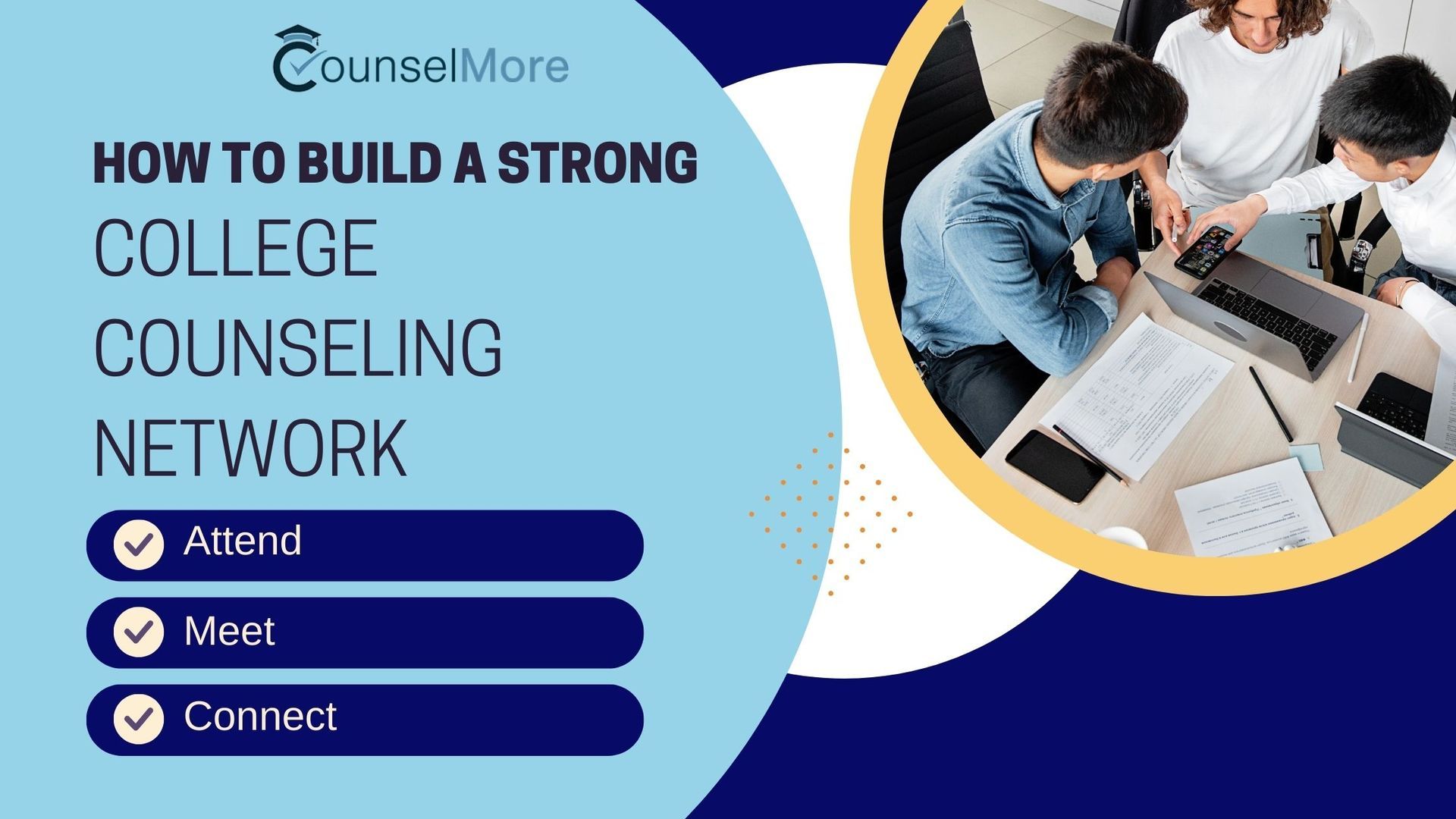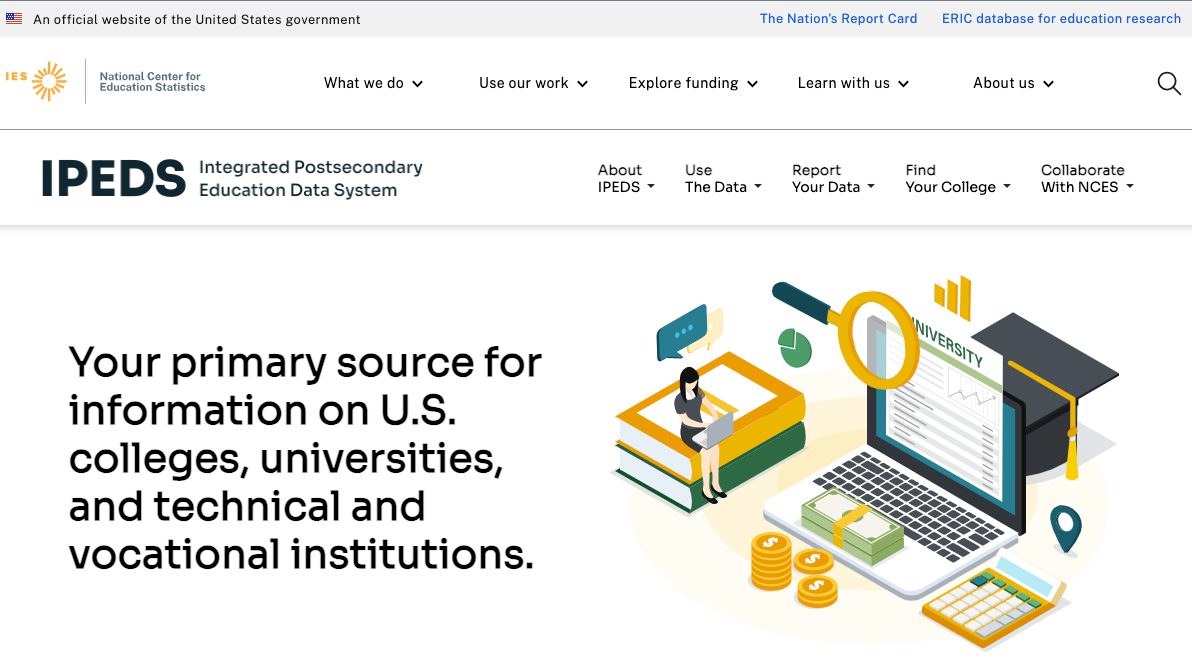Navigating the college admissions landscape is a thrilling, albeit challenging, journey. This process involves the exciting anticipation of what lies ahead, the apprehension of the unknown, the dream of achieving academic excellence and securing admission to your dream college. These feelings define the high school experience for many students. There are also dryer, more tedious parts of this journey.
One of those milestones is standardized tests. As students stand at the threshold of their futures, the enormity of the ACT and SAT ahead can be overwhelming. For many students and their families, the process can seem like a dizzying array of hoops to jump through and deadlines to meet, with the critical ACT exam often becoming a focal point of that anxiety.
Our next series of blog posts will explore the ACT. We’ll discuss several facets of this exam. First, however, we’ll delve into the test-optional phenomenon. This sweeping change, announced in response to the challenges posed by the global pandemic, has turned conventional wisdom on its head. But, as with every narrative, there’s a deeper story beneath the surface; in that depth, students can gain insight.






















